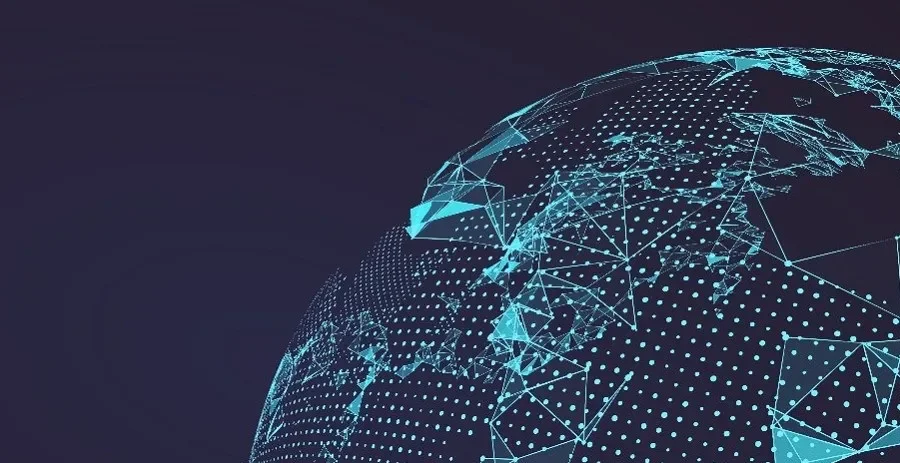

“You were afraid that you’d get the virus, there was so many people dying”
“I was listening to the news and they were talking about China, and it was frightening even to hear about that. Then all of a sudden then they’d come on and say it was here.
So it frightened the life out of us...it was on the news then we had to stay in, and wash your hands all the time and make sure everything was clean.” Angela, Dublin.
This is just one of the many submissions received by the Irish COVID-19 Oral History Project, a cross-faculty initiative in DCU. Since its launch in mid-June, the project, led by Caitriona Ni Cassaithe and Professor Theo Lynn, has seen contributions from all over the country, across all age groups and demographics.
Project lead, Caitriona Ni Cassaithe said:
“We’re very happy with the submissions we’ve had thus far. It’s incredibly important to capture people’s experiences of the pandemic in the moment, before memories fade or things get remembered differently.
With that in mind, we’re again calling on the DCU community, and indeed the wider community, to record their experiences through our website and to spread the word about the Irish COVID-19 Oral History Project.
This is an event like no other in our lifetime, which is why it’s vital to record our responses to it, our thoughts and how we felt throughout the period of lockdown and afterwards.”
Speaking to Patrick Haughey on the dotLAB Radio podcast, Caitriona Ni Cassaithe said:
“What’s quite powerful about oral histories is that they capture a whole variety of different voices that are often forgotten in historical narratives. We’re looking to hear people's personal stories, people who come from all walks of life. That’s one of the aims of this project, to try to capture as many different representations of society as possible.
An oral history project like this records everyday people’s experiences that otherwise would probably be lost. Everybody has a story to share and we want to hear those stories so that future generations will know what life was like during the pandemic.”
Also speaking on the podcast, Professor Daire Keogh, President of DCU said
“What oral history does particularly is bring the human voice to the record. That makes oral history very democratic because it’s not mediated, it’s not censored or edited, it’s the authentic voice.
[Oral history] gives colour, it’s citizen history and you’re not getting one voice, you’re getting a multitude of voices and experiences.
One of the things that [oral history] does is that it records the accent of the witness. So the beauty of this is that we will have people from all over Ireland.”
About the project
The Irish COVID-19 Oral History Project focuses on orally archiving the Irish lived experience of the COVID-19 pandemic, for historical purposes.
Led by Caitriona Ni Cassaithe and Professor Theo Lynn, the project will curate a collection of oral histories, detailing the Irish experience of the COVID-19 pandemic and how Irish communities are living through it, both at home and abroad. The findings are intended to be used by historians, researchers and policymakers in years to come to inform responses to future pandemics. It was inspired by work being undertaken by Prof Jason Kelly (IUPUI) on the US-based COVID-19 Oral History Project, a partner project of A Journal of the Plague Year, and efforts are being coordinated with the IUPUI project.
All data will be stored in Ireland and managed by DCU but will be shared with the wider research community, including IUPUI, over time on an open access basis.
The team behind the oral history project are asking the general public to go to the project website, covid19oralhistory.ie, record their answers to the questions asked and upload them.
For those who cannot record their submission for whatever reason, there is an option to submit a written response on the website.
The project is a cross-faculty initiative including DCU’s Business School, School of STEM Education, Innovation & Global Studies, School of Communications, The DCU Ryan Academy for Entrepreneurs, and the DCU Library. It is also supported by Audiobrand and The One Foundation.
